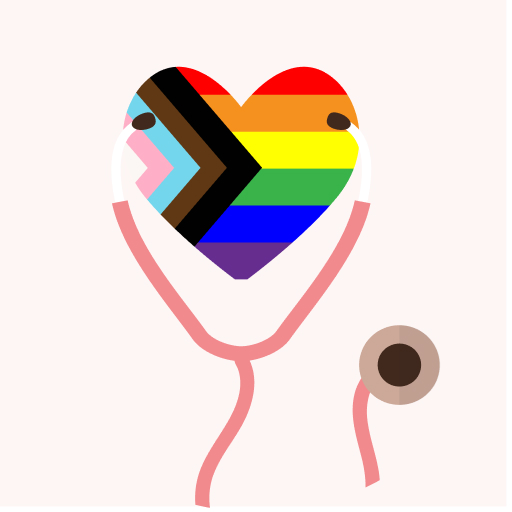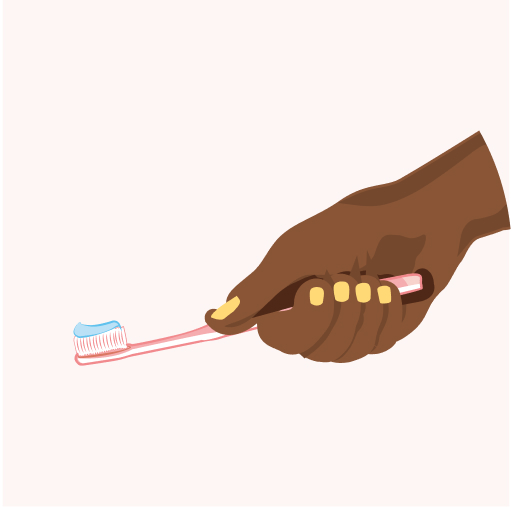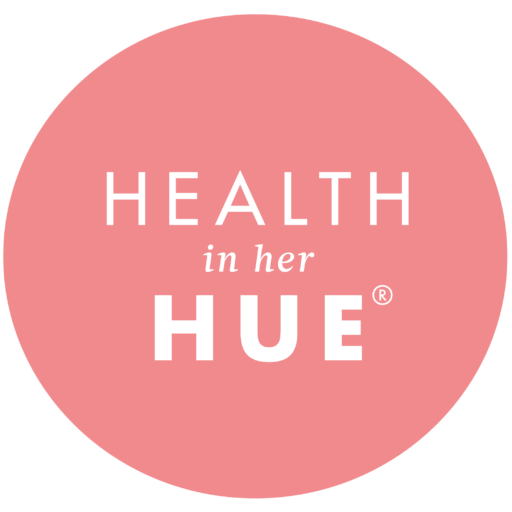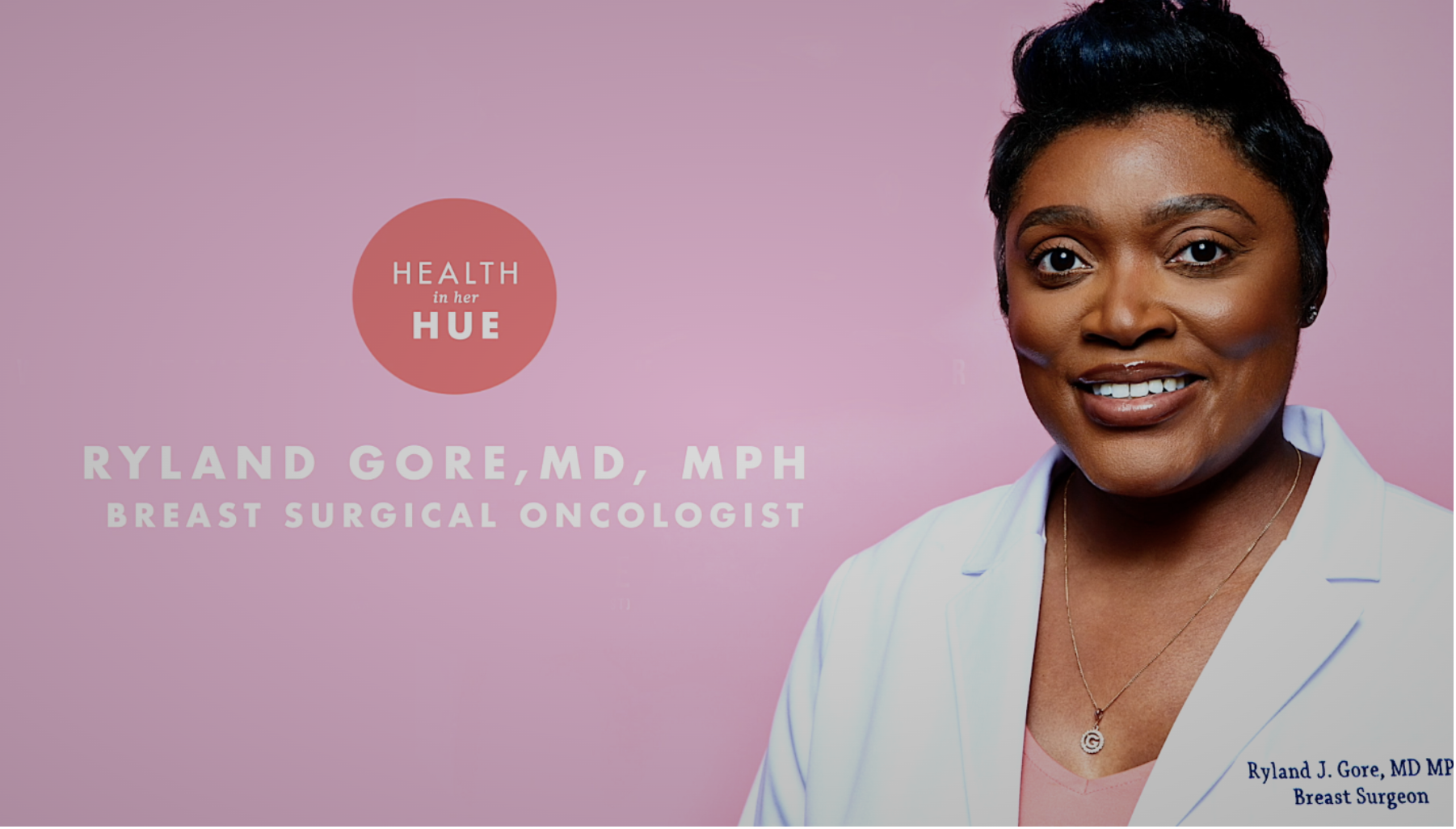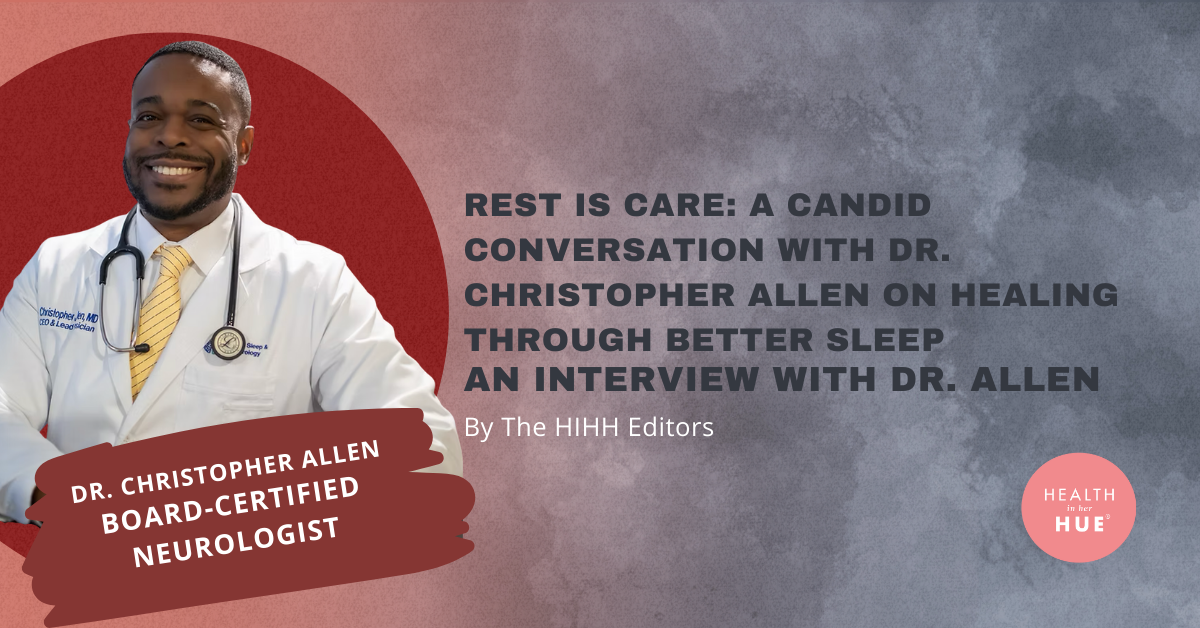
Rest Is Care: A Candid Conversation with Dr. Christopher Allen on Healing Through Better Sleep
When I meet Dr. Christopher Allen on a late summer afternoon, his energy is easy and unguarded, the kind that makes you exhale a little deeper. He laughs about karaoke, jokes about marching band days, and lights up when he talks about road trips with his great grandparents. But when the conversation turns to sleep, the kind that restores, steadies, and shields our bodies from the world, his voice gets firm. “Snoring is not normal,” he says, with the conviction of someone who has seen life change when rest finally becomes possible. “If you’re sleeping seven to nine hours and still waking up exhausted, something’s going on. That deserves attention.”
This is not a sterile, textbook chat about bedtime routines. It is a layered, lived in conversation with a neurologist and sleep medicine physician who treats the very city that raised him. Born and bred in Saginaw, Michigan, home to legends like Serena Williams and Stevie Wonder, Dr. Allen always knew medicine was his path. As a child with asthma, he once arrived at the hospital struggling to breathe and left breathing easier because someone in a white coat knew what to do. “On the ride home with my grandmother, I told her, ‘When I grow up, I want to be a doctor,’” he remembers. “If I say something, I’m going to do everything I can to make it real.”
That promise carried him through a love affair with neurology, the body’s roadmap, and ultimately into sleep medicine, a specialty he discovered in medical school and then claimed as his own during residency. He is also a patient. Dr. Allen has lived with obstructive sleep apnea for more than two decades and uses CPAP therapy. The first time he traveled without it, he felt the difference immediately. “I didn’t even know sleep medicine was a profession,” he admits. “But once I realized what proper treatment did for me, I knew I could do this for others, for life.”
What follows is not a Q&A. It is the kind of conversation you save to revisit when you need to be reminded that prioritizing your well being is not a luxury. It is a birthright.
The Map Back to Ourselves
Ask Dr. Allen why neurology grabbed him, and he will take you back to childhood, riding shotgun with his great grandparents on long drives. They would hand him the paper map and ask him to lead the way. Years later, in anatomy labs, he saw those same routes inside the human body, the circuits and signals, the way a symptom in a hand could tell you something about a neighborhood in the brain. “I loved that you could look at someone’s body and locate the problem,” he says. That instinct for pattern and place shapes how he thinks about sleep, as a system that touches every organ, mood, and metabolic pathway. When the system is off-kilter, nothing runs right. When it is tuned, life opens.
Sleep medicine also gave him something neurology rarely can, quick wins. “In neurology, you are often managing conditions for life, sharing difficult news, navigating outcomes. In sleep, when someone finally sleeps well, you see changes fast, blood pressure improves, diabetes becomes easier to manage, mood lifts. People come back and say, ‘I didn’t know I could feel like this.’”
One of his recent patients, a business owner with high blood pressure and a mood disorder, had textbook signs of obstructive sleep apnea. Over months, with support and adjustments, his CPAP use improved. Then came what Dr. Allen calls the hindsight moment. “He told me, ‘My blood pressure is 119 over 80. My employees say I am happier. I did not think this would work, but it is air.’” Dr. Allen pauses there, letting the simplicity land. “The hardest part of being sleepy is you do not know what you are missing until you finally get it.”
A Love Letter to Black Women’s Rest
If you hear a different urgency in Dr. Allen’s voice when he speaks to Black women, you are not imagining it. He sees firsthand how much we carry, how often exhaustion is dismissed as just motherhood or just stress or just perimenopause. “The burden Black women carry is heavy,” he says. “If you are exhausted and tired, it is not automatically because you are a mom or because you are a woman. There could be something happening with your sleep. For all the good you have done for your family and this world, you owe it to yourself to ensure you are getting quality sleep.”
Loving our communities has never meant abandoning our bodies. He frames rest as a boundary, one we defend for ourselves so we can keep showing up with fullness. “Before you can help others, you have to help yourself,” he says. “Guard that violently.”
Snoring Is Not Normal
We laugh about the way cartoons taught us to read “Zzz” as a sign of peaceful sleep. Dr. Allen shakes his head. “We grew up thinking snoring meant you were sleeping hard. No. When you are asleep, muscles relax, including those in the back of the throat. If that airway narrows, you can hear snoring as air struggles through. In some people, it closes altogether. That is obstructive sleep apnea.”
Does snoring equal a diagnosis? Not always. But it is a signal that deserves curiosity. “If you wake up tired despite seven to nine hours, if you are going to the bathroom frequently overnight, waking with dry mouth, or a bed partner says you stop breathing, those are clues. Do not ignore them.”
For those who sleep alone, morning aftermath tells the story: headaches, dry mouth, unrefreshed sleep, daytime fatigue, trouble focusing. “The hardest part of my job is talking about what happens when you are unconscious,” he says. “Your body is giving you clues.”
Advocate Like Your Life Depends On It
As a physician in the community that raised him, Dr. Allen understands both the power and the gaps of the healthcare system. Access varies. Dismissal happens. That is why he coaches patients, especially Black women, to advocate for themselves without apology.
“Be upfront about your symptoms,” he says. “If you tell a provider, ‘I sleep through the night and still feel exhausted,’ and they wave it off, keep pushing. Ask, ‘What should I do in the meantime?’ If they say ‘just watch it,’ ask them to document that in the note.” That paper trail matters. And if you hit a wall, seek out a sleep specialist. Many insurance plans allow self referrals.
Advocacy is not adversarial. It is alignment. “I hold myself accountable in my notes and my follow up. You can ask your provider to do the same,” he says. “Your rest is worth that level of care.”
The Man Behind the Coat
Dr. Allen has been married for 15 years, is a dad to two children, and still treasures the lessons learned in back seats on long highways. He is training for his first full Detroit Marathon, a Raiders fan who tries to make one home game and one away game each season, and a music lover with a real commitment to karaoke. His go to? “I like big butts and I cannot lie,” he says, laughing. He also admits to a Beyoncé playlist, especially “Freedom,” “Love on Top,” and “Run the World,” songs he shares with his daughter.
How does he keep his own wellness intact? Three anchors: grace, boundaries, and self honesty. “Give yourself grace,” he says. “No one sleeps seven to nine hours every night. But keep striving.” Build healthy boundaries around work and life. And stay true to yourself. Also, make room for joy. “If it makes you smile, it is okay to take that break,” he says. “Go sing the song.”
Sleep, Simply Explained
There are more than 100 identified sleep disorders, but most of us only hear about a handful. Dr. Allen breaks it down:
- What sleep medicine is: a field dedicated to diagnosing and treating problems that keep your sleep from being restorative, such as obstructive sleep apnea, insomnia, restless legs, and circadian rhythm disorders.
- When to get evaluated: if you routinely get seven to nine hours yet wake up unrefreshed, if a partner notices snoring or breathing pauses, if you wake with dry mouth or headaches, or if you crash during the day.
- Why it matters: untreated sleep issues can worsen blood pressure, blood sugar, mood, and quality of life. Treated sleep issues can improve all of the above, sometimes quickly.
He is also clear that CPAP is not the only option. “CPAP is effective and life changing for many,” he says. “But there are multiple treatments, and the list is growing.” Oral appliances, positional therapy, weight management strategies, surgical options, and new medications are expanding choices. Wearables are also sparking earlier conversations about sleep.
From Saginaw With Love
Being a Black physician in a smaller city is not a footnote in Dr. Allen’s story, it is a responsibility he wears with pride. “There are not many doctors who look like me,” he says. “When patients see me, they exhale. I understand that mantle.” Naming his practice Quality Sleep & Neurology is a promise to his hometown: the people who know Seven Mile and Woodward, who remember paper maps and Sunday dinners. “I get to treat the city that raised me,” he says. “That matters.”
He is also a man of surprises. During medical school, he appeared as an extra in Gifted Hands, the TV movie about Dr. Ben Carson. “If you pause the operating room scene, you can see me,” he laughs. “Mask and all. My mom said she recognized me by my eyelashes.”
What to Do If You Think Your Sleep Is Not Right
Dr. Allen’s advice is pragmatic and caring:
- Listen to your mornings. If you are consistently unrefreshed or waking with headaches, take notes for two weeks.
- Ask your bed partner, or your best friend. What do they notice: snoring, gasping, restlessness?
- Bring it to your provider, and ask for documentation. If you feel unheard, request it in writing.
- Seek a sleep specialist. Many insurance plans allow self referrals.
- Expect teamwork, not perfection. CPAP and other treatments take adjustment.
- Stay open to clinical trials. Participation can expand your options and help move the field forward.
A Closing Word, to the Women Carrying So Much
Before we wrap, we asked Dr. Allen what single message he would leave with our readers, Black women who navigate care for everyone else and often leave themselves for last. He does not hesitate.
“You have given so much to your families and to this world,” he says. “You deserve quality sleep. If you are tired all the time, do not explain it away. Be curious. Ask questions. Advocate. And remember, before you can help others, you must help yourself. Invest in your wellness. Guard it.”
Let this be the permission you needed, to listen to your body, to ask for help, to insist on care that actually cares.
Take Action with Health In Her HUE
- Check your sleep: If you are routinely tired despite seven to nine hours, it is time to talk to a provider.
- Find support: Visit the Health In Her HUE Provider Directory to discover clinicians attuned to your needs.
- Join the conversation: Explore our content series on sleep and wellness, ask a question in CarePoint, or attend a Community Conversation with experts like Dr. Allen.
- Start today: Jot down a two week sleep log and bring it to your next appointment.
Your rest is not negotiable. It is part of your healing, your joy, your power. Prioritize it, and watch everything else begin to align.


